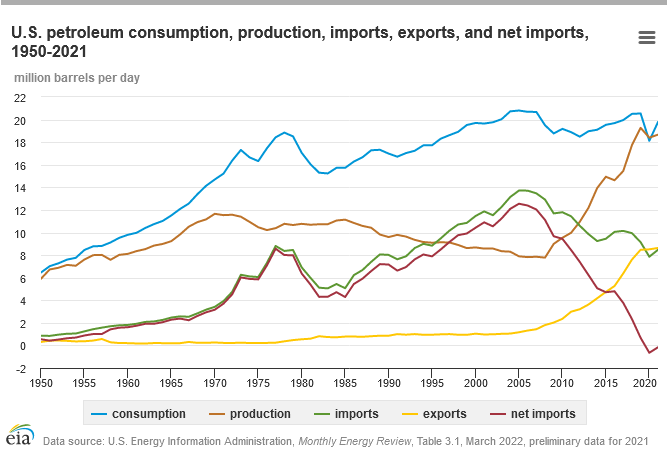@fastline has a point about battery technology research.
_Most_ tech research is a dead end. And once you start working on a project you are rather obliged to see it through even when you are pretty certain that it is a dead end. So people are out there beating their dead horses and asking for funds to allow them to really pummel the greasy mess.
But I disagree that this is a bad thing. Most tech research is a dead end because if you are trying new things you _must_ make wrong turns and drive down blind alleys. If you are thing to do 'tech' and trying to push new ideas, you have to know going in that 9 out of 10 of those ideas will be bad, and you won't know which until the far end.
And even when you have a good idea, the implementation of something new will have tons of failures. Lots of investors lost their shirts funding trans-Atlantic telegraph cables. That was a good idea (there was a substantial market that would pay for the service, the underlying technology was known to work) but the implementation has lots of failures. So people would raise funds, try to lay a cable, something would fail, and everyone would lose their money. Then they'd try again. And again. Finally it worked. And then the cables advanced; telegraphy then voice then high frequency stuff. Now fiber optic. _Now_ the business is old hat understood tech.
We know energy storage is essential to the lives we want to lead. That fossil fuel stuff we argue about? Very very low efficiency solar energy storage with zero initial capital investment. We depend on energy storage. Now lots of people are looking at alternative energy storage schemes. Most of those schemes will fail. Some are horrible ideas. Some are good ideas that won't get over the implementation hurdle. Some will achieve market penetration only to be supplanted by something better.
And all will be oversold by the marketing folk.
-Jon


